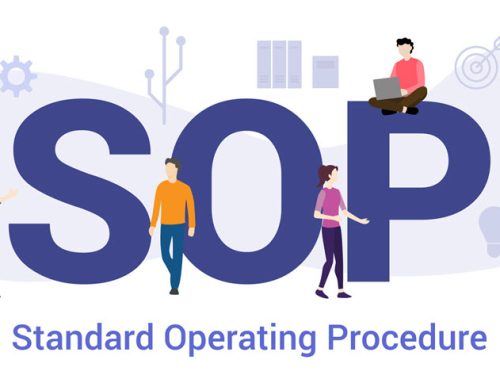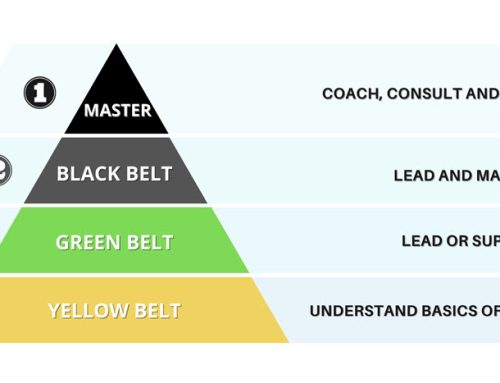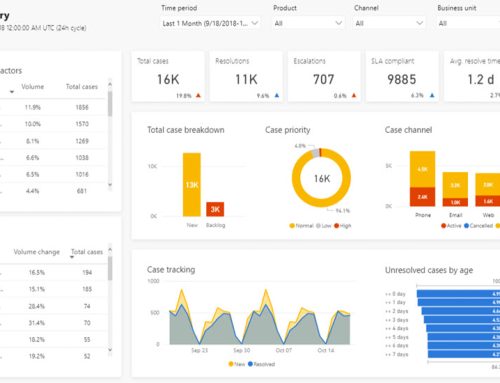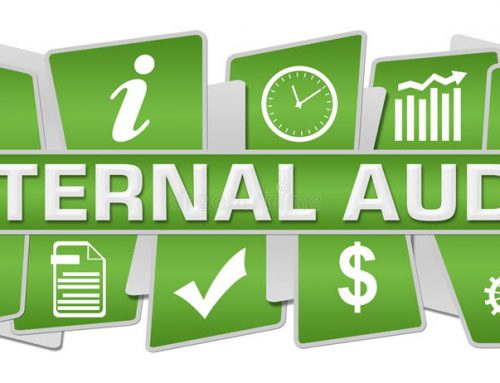The practice of prequalification of suppliers, in fact, shortens the process of procurement by obtaining, and evaluation of bids from those suppliers only, which have the skills, capacity, and experience to produce and supply goods and services matching the required standards. Whenever a vendor or supplier has been prequalified, the firm is just required to assess the technical and commercial features of the bid, and require not repeat the process of prequalification of suppliers.
Prequalification and Tender For a Contract
In order to analyse and understand the process of procurement, we must not be confused between prequalification and a tender for a contract. The two terms are not the same and the difference between the two can be explained in the following ways.
Prequalification is quite different from tendering. Prequalification of suppliers generally precedes the tendering for the actual contract. Prequalification is used to classify suppliers who would be acceptable to tender for certain contracts. Therefore, an ad for prequalification of suppliers doesn’t amount to an ad of a tender for a contract because all the former does is allow those interested to express their desire to be eligible to tender.
A company that is pre-qualified for a certain contract is suitable to tender for that contract. A company applying for prequalification has no expectation to be awarded any contract on the basis of the application for prequalification. Its only expectation is that once it has been accepted for prequalification, then it is allowed to bid for the contract.
The majority of contracts are publicly announced without the need for prequalification which is mostly reserved for big contracts and those with requiring high technological proficiency. One of the benefits of prequalification is to minimize the need to evaluate unqualified suppliers. It is an approach of narrowing the field to only those suppliers who have the ability to comply with the terms and conditions of the contract and the financial ability to undertake the work. That’s why certain contracts, mainly large contracts or those involving high technological expertise, a procuring company will first ask for invitations before advertising for bidders for the contract.
Benefits of Prequalification of Suppliers
- Ease in the selection of capable suppliers/vendors/contractors.
- Timely selection of suppliers/vendors/contractors.
- Reduce costs relative to the prolonged process of selection of suppliers/vendors /contractors.
- Helps in strengthening of Supply-chain.
- Reduce unnecessary risks involved in the selection process.
- Improvement in the overall selection process and organizational goals.
Prequalification of Suppliers and Supplier’s Portal
How a supplier’s portal in the context of prequalification of suppliers is beneficial for the organization:
Consolidate and standardize supplier information
Having a perfect and consistent supplier data is extremely helpful when preparing bidding opportunities or identifying potential suppliers. A supplier portal provides a single access point for current suppliers to update their data, as well as a way for new suppliers to get registered to participate in your program.
Prequalify Prospected Suppliers
Supplier’s portal is also instrumental in the prequalification of suppliers. Instead of wasting your time combing through possibly out-of-date databases for the information needed to inspect potential clients, automate the process through a supplier portal. In the process of registering with your firm, potential suppliers complete a customized questionnaire within the registration tool that acts as a prequalification sourcing survey. Survey reports are then scored and routed to the suitable buyer within your organization which saves everyone’s time and reduce workload.
Tracking and Reporting
A supplier portal helps you to track suppliers by product category, providing an understandable picture of your company’s movement toward various internal goals. personalized survey reports keep you on track to meet spending targets and help identify potential risks such as over reliance on a single vendor or supplier.
Minimize administrative workload
As discussed earlier, a supplier portal allows you to automate numerous aspects of supplier management, considerably reducing your administrative workload. As automated signup process and prequalifying suppliers, through a supplier portal, you could receive and send various notifications like certificates of insurance, certificates of expiry, certificates of regulations and small business affidavit collections.
A supplier portal is a crucial tool for running an effective, efficient and productive supply chain. We can use it to automate the mundane, to alert you regarding risks, to identify the potential in your supply chain, and to meet your organizational goals and objectives.






